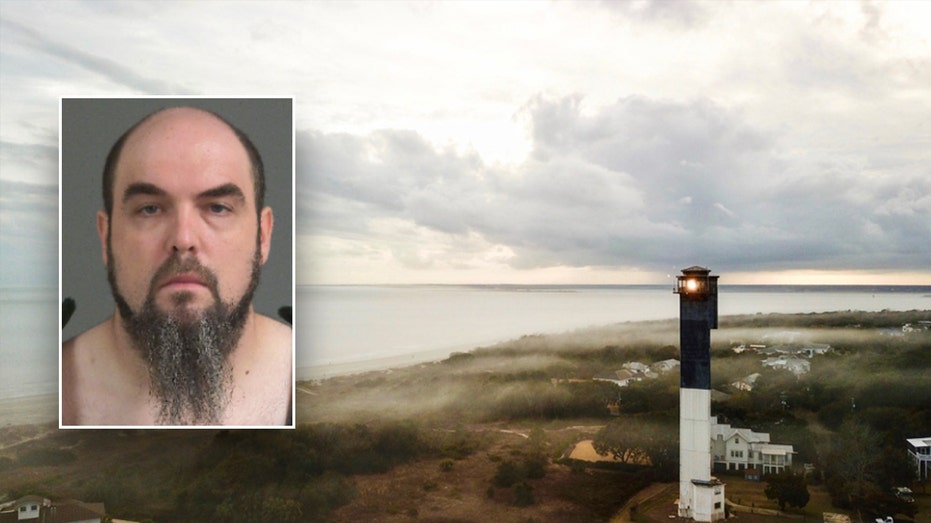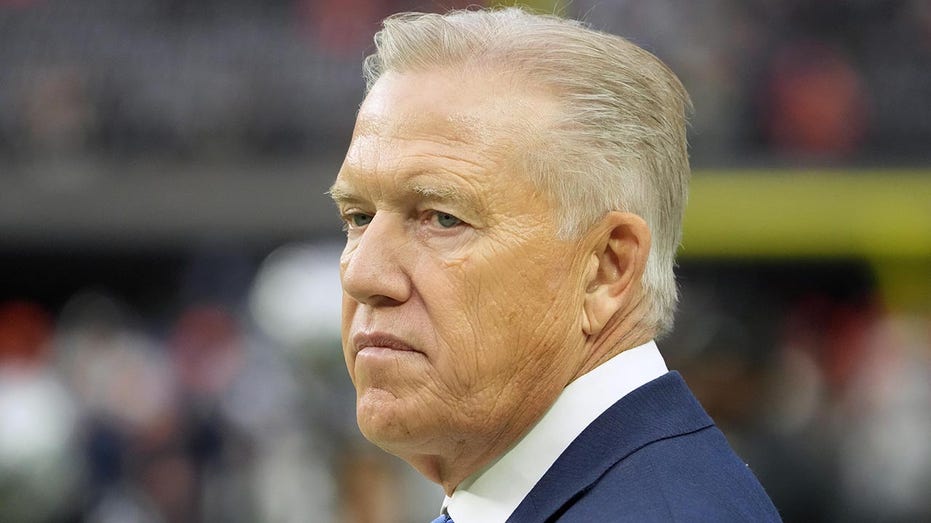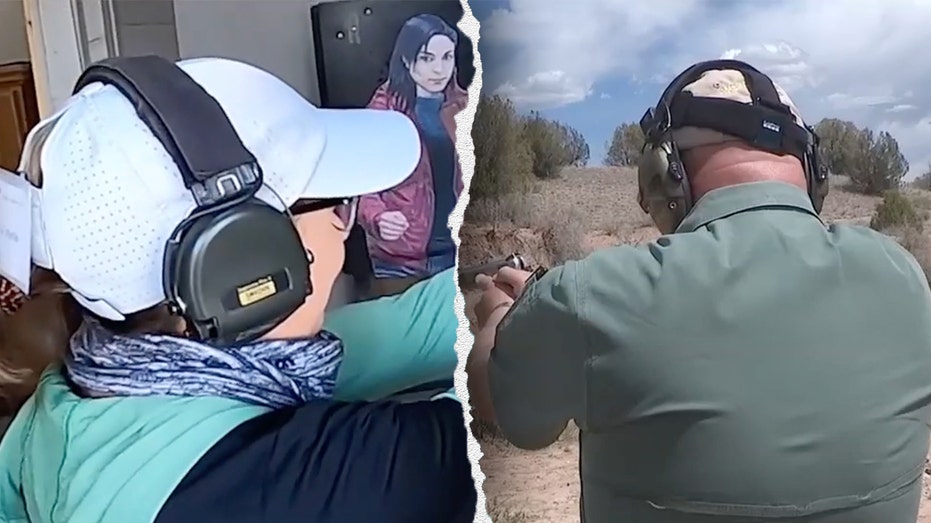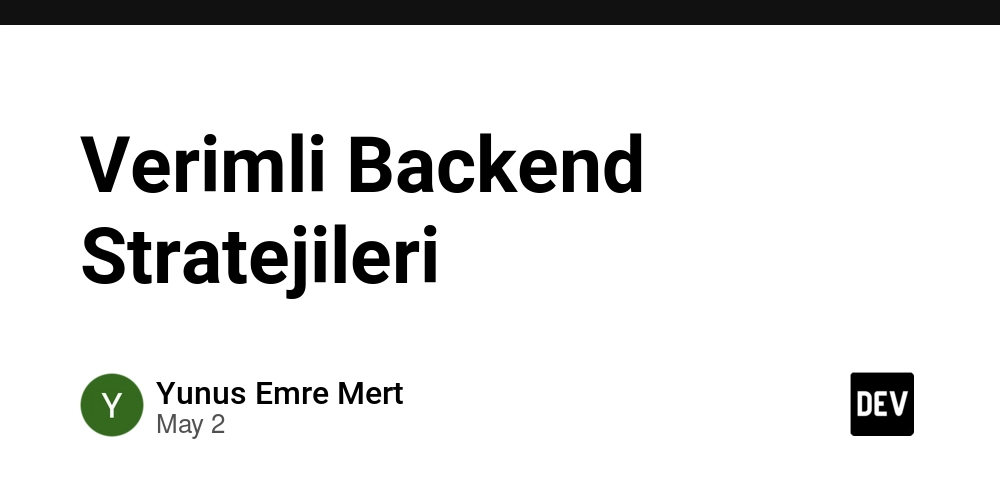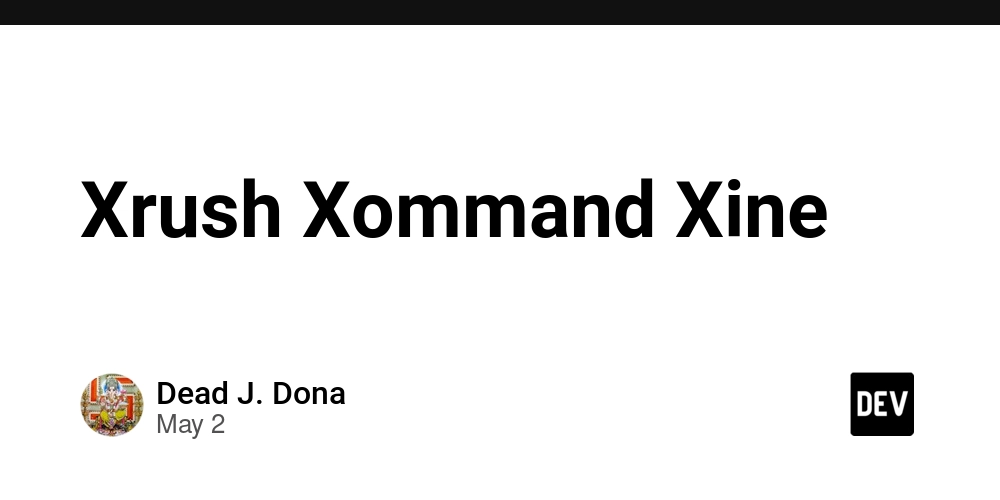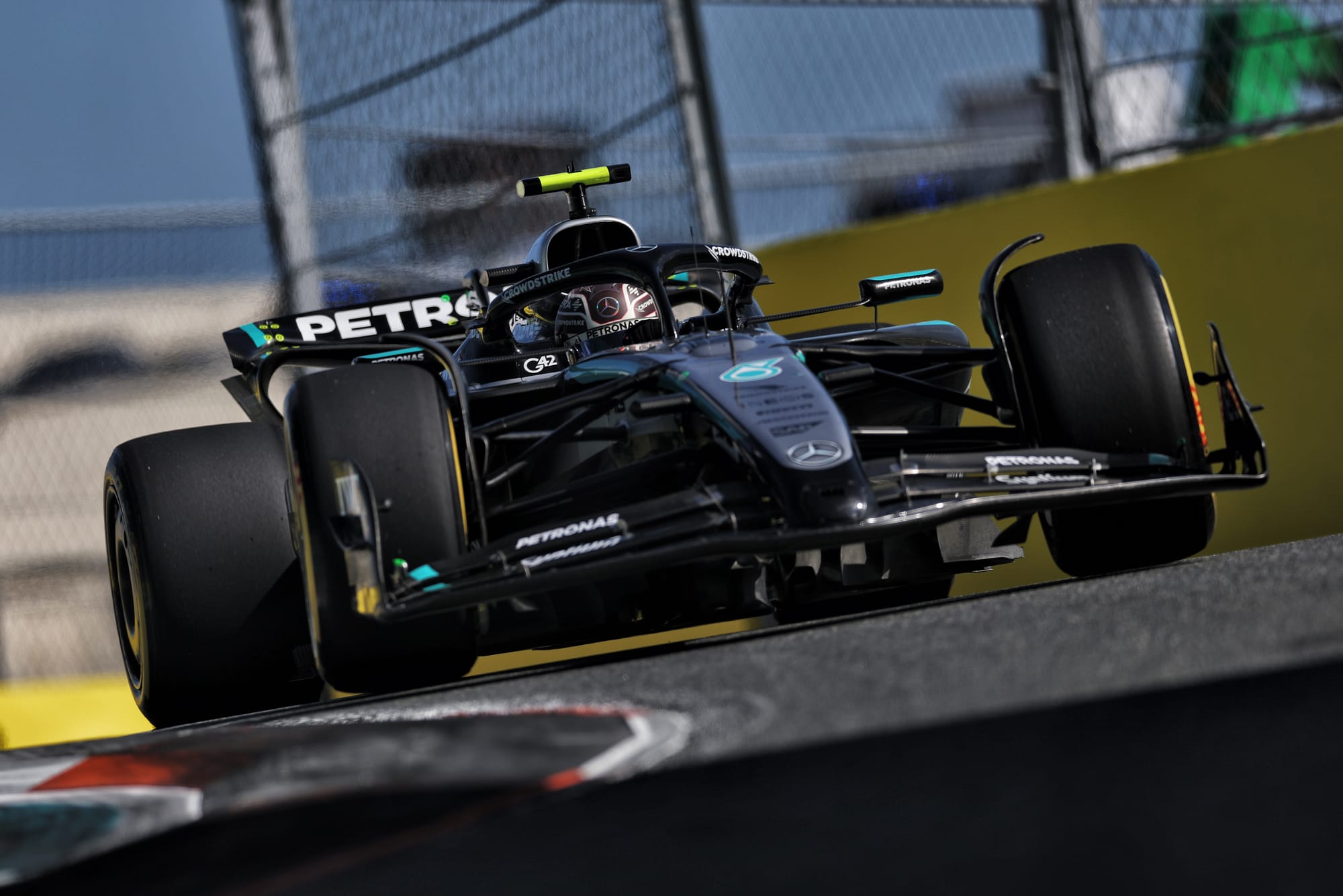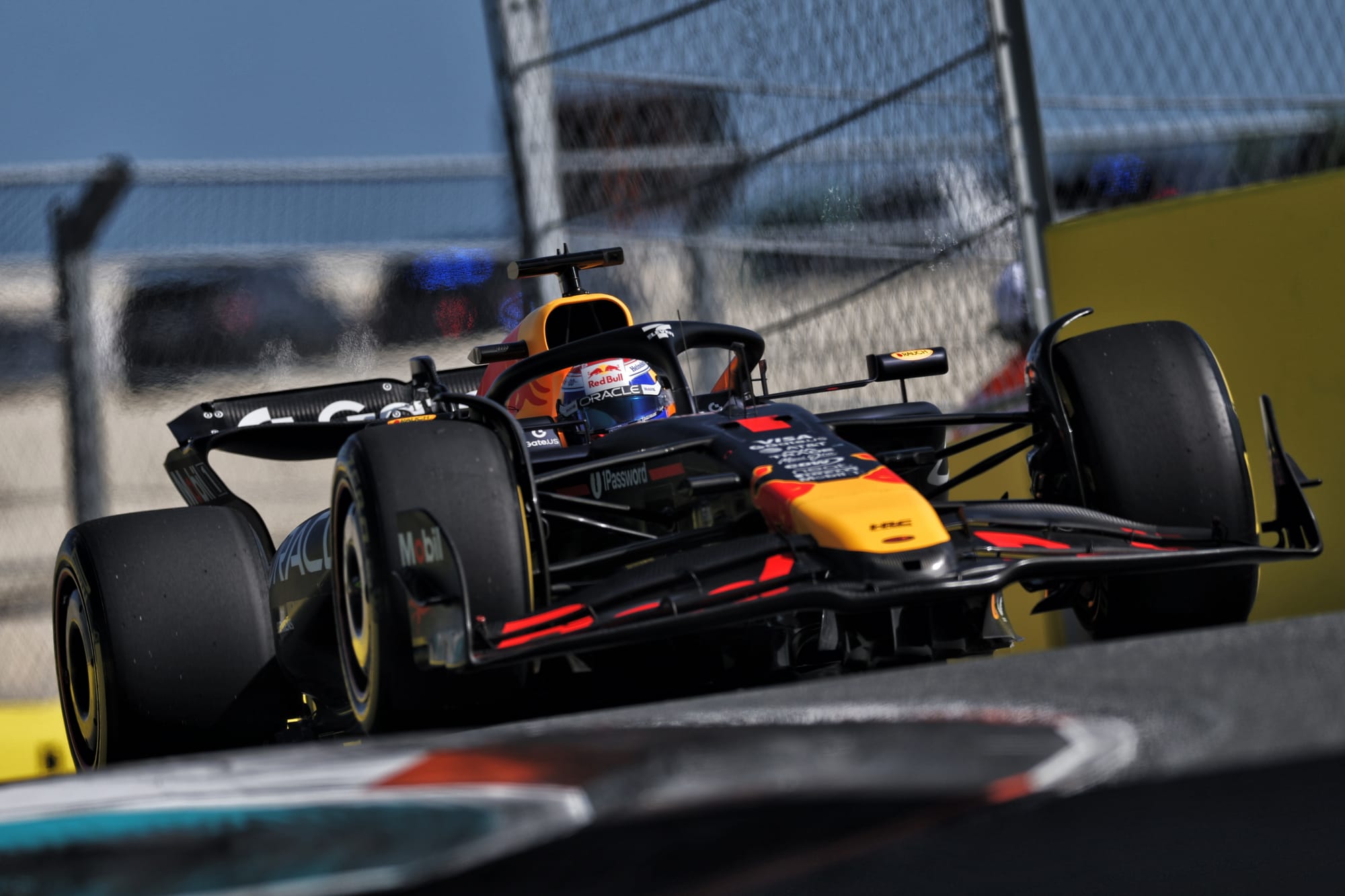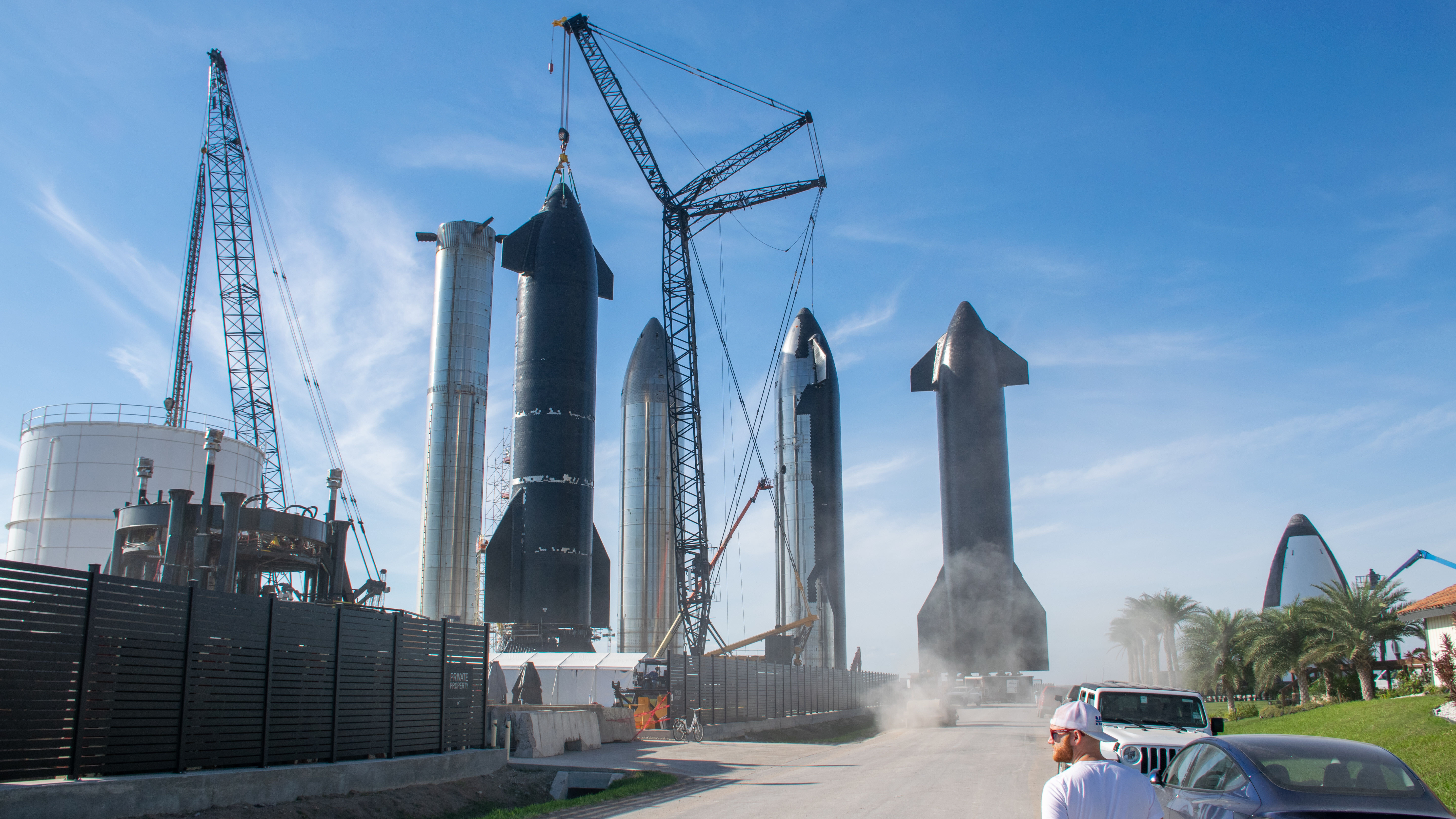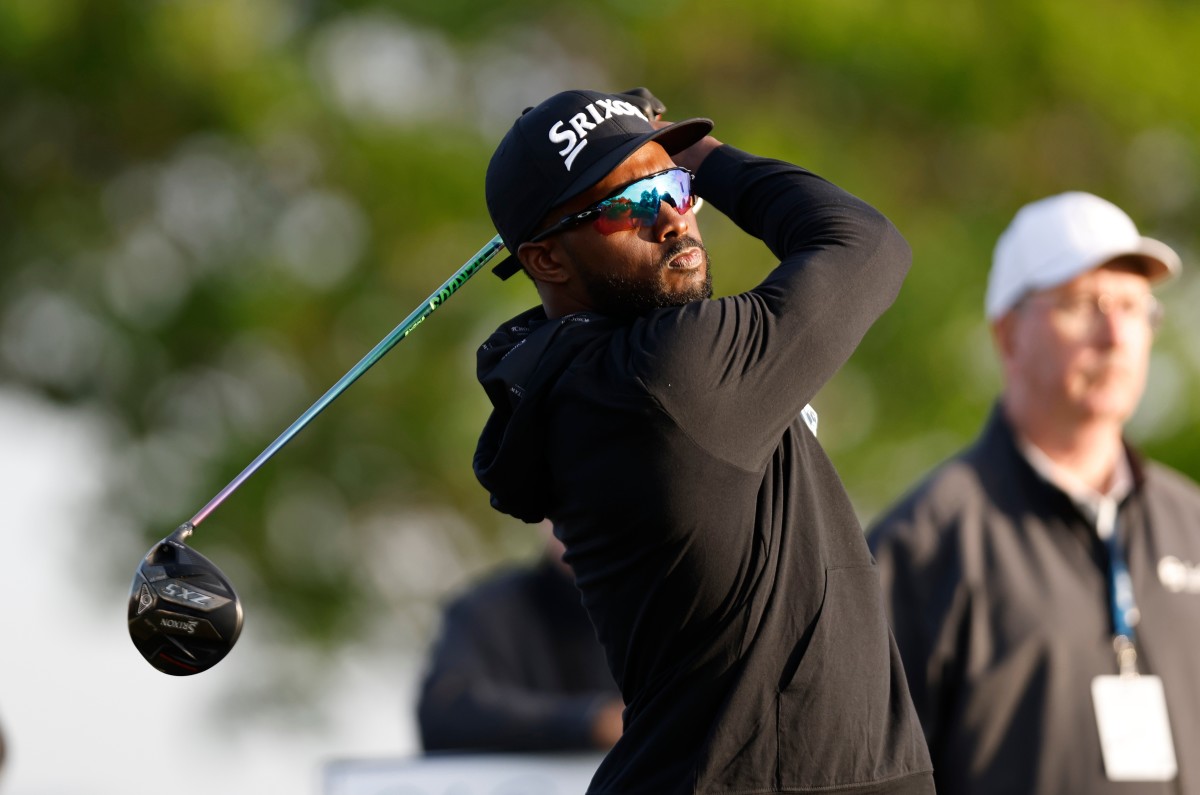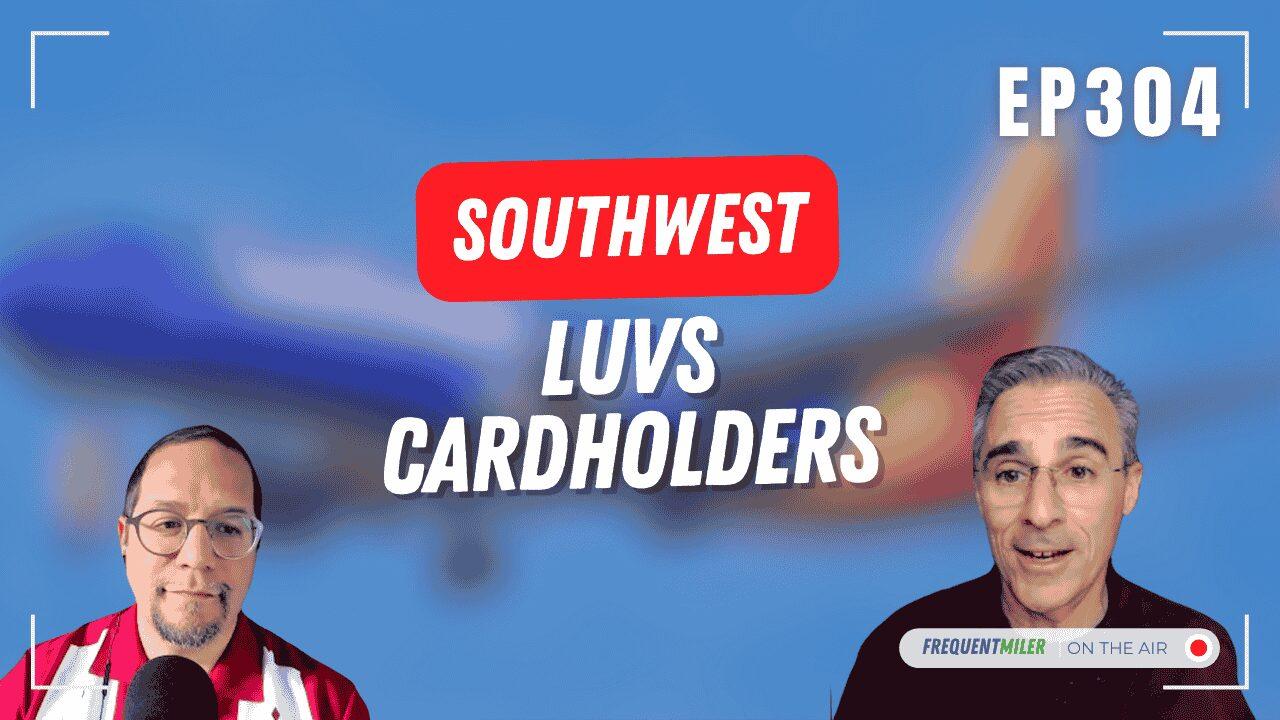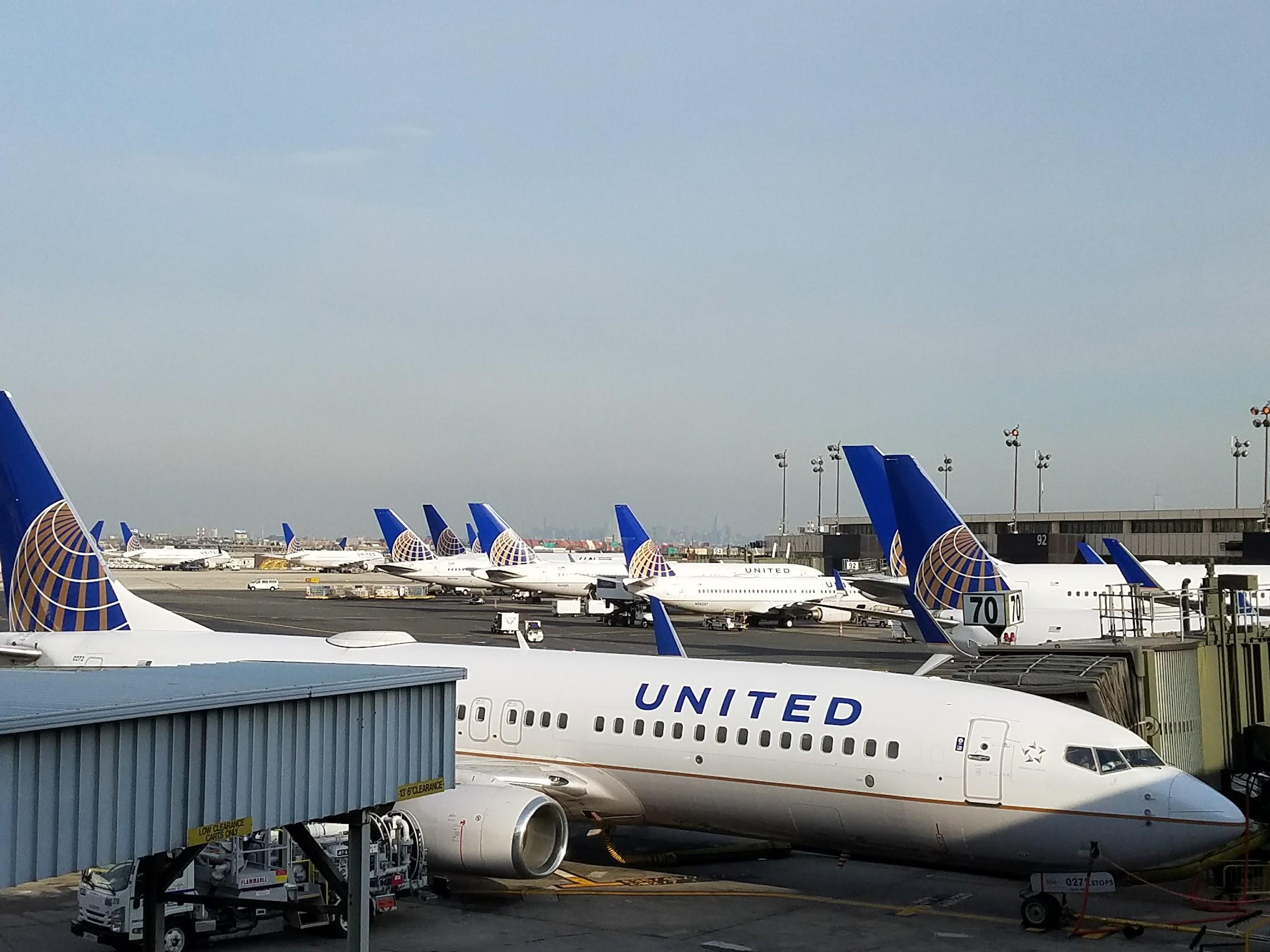How Pope Francis was deceived on Ukraine
Pope Francis and Kirill, patriarch of Moscow and all Russia, signed a Joint Declaration in Havana in 2016, which aimed to promote peace and cooperation between Catholics and Orthodox. Kirill's support for the Russian invasion of Ukraine in 2022 has put Francis in an awkward position.

Last public word of Pope Francis was his Urbi Et Orbi message on Easter Sunday. The majority of the text dealt with peace, the main aim of the Vatican diplomacy.
After mentioning all the countries in the world experiencing armed conflict and asking for their resolution, Francis said this of Ukraine: “May the risen Christ grant Ukraine, devastated by war, his Easter gift of peace, and encourage all parties involved to pursue efforts aimed at achieving a just and lasting peace.”
This is in marked contrast to his previous pronouncements, which were regarded as pro-Russian or challenging Western accounts of the outbreak of the war. His pronouncements had caused consternation in the West and led to efforts to explain them. He was accused of naïve pacifism and ignorance of European political realities. Further, Francis came from Latin America, which often resents the U.S. as imperialistic and arrogant. As an opponent of the U.S., Russia gets natural sympathy and credibility.
But the most important explanation goes back nearly a decade, to the signing of a compromise Joint Declaration between Francis and Kirill, patriarch of Moscow and all Russia, in Havana on Feb. 12, 2016. It was a momentous event — the first time that the Catholic pope and the patriarch of the Russian Orthodox Church had met since 1054 when the schism between the two churches occurred.
They said: “Orthodox and Catholics are united not only by the shared Tradition of the Church of the first millennium, but also by the mission to preach the Gospel of Christ in the world today." Different popes had met with leaders of different Eastern Orthodox churches but never with the head of the Russian Orthodox Church, which is the largest.
That was something that Catholic popes had been striving to do for the last thousand years. They wanted a reconciliation with Orthodox Byzantium and healing of the major division of the Christian Church. But this meeting did not resolve any theological or institutional differences. The modern ecumenist movement of understanding of other faiths especially aimed for a meeting with the Russian patriarch. Yet he had refused all entreaties for the last 50 years. The Havana meeting was regarded as an ecumenical coup for Francis, not achieved by other popes.
Yet the all-important meeting was hidden in Havana and hardly mentioned afterward. It seemed like both leaders did not want their faithful to know about it. Yet the results of the joint declaration were far-reaching. Aside from dealing with Catholic-Orthodox relations, most of the Havana declaration concerned itself directly with the conflict in Ukraine, which had started in 2014.
“We deplore the hostility in Ukraine that has already caused many victims," it reads. "We invite all the parts involved in the conflict to prudence, to social solidarity and to action aimed at constructing peace ... to refrain from taking part in the confrontation, and to not support any further development of the conflict.”
With his signature, Kirill declared that he affirmed “that currently the two churches can cooperate ... and they can work together, that there be no war, that human life be respected.” Thus, it seemed that the path had been laid down for an unprecedented collaboration between Catholics and Orthodox in matters both theological and temporal, especially in preventing war.
Russia’s invasion of Ukraine on Feb. 24, 2022 became the moment of truth for the promises, contained in the Declaration. The Russian Orthodox Church became the propaganda arm of Vladimir Putin’s regime and urged young Russian men to join the army to fight. It declared Russian war in Ukraine “holy war.”
What's more, the Russian Orthodox Church of Moscow Patriarchate in Ukraine served as spies for the Russian Army, providing targeting information and lists of people to be detained, resulting in its being banned in 2024. Many Ukrainian Orthodox parishes transferred their allegiance from the Moscow to the Kyivan Patriarchate. Thus, Kirill went all out to glorify the war, in direct contradiction to his commitments made in Havana.
Francis wrote to him numerous times, reminding him of what he had promised to do: end the war, respect human life, explicitly not to support the conflict. It seems that he publicized some of the words that he got in response from Kirill, which met with critical reactions in the West. After a while, Pope Francis stopped commenting and only lamented suffering in Ukraine. Despite brushoffs from Kirill, he never directly criticized Russia for the invasion.
It seems that this was the political aim of this meeting: to serve geopolitical interests of the Kremlin. It appears that Kirill exploited a thousand yearlong desire of the Catholic Church for reconciliation with the Orthodox Church, and for the meeting of their heads, to tie the hands of Pope Francis, who could hardly criticize Kirill and Russia, with whom he recently signed such a unique agreement.
Furthermore, Francis had significant influence in countries of the so-called Global South, which often followed his lead and also adopted his neutral attitude toward the Russian invasion.
At first, Francis did not seem to believe what had occurred with Kirill but eventually he got the message of deception and bad will. He did not want to jeopardize perhaps the most notable achievement of his papacy, so he kept silent.
But it must have been very bitter for him that the long-awaited meeting with the head of the Russian Orthodox Church, and their joint statement, turned out to be the opposite of what Catholics had desired for a thousand years.
Lucja Swiatkowski Cannon, Ph.D., is a senior research fellow at the Institute of World Politics in Washington and a strategist, expert and author on Eastern Europe, Russia and U.S.-East European relations.
